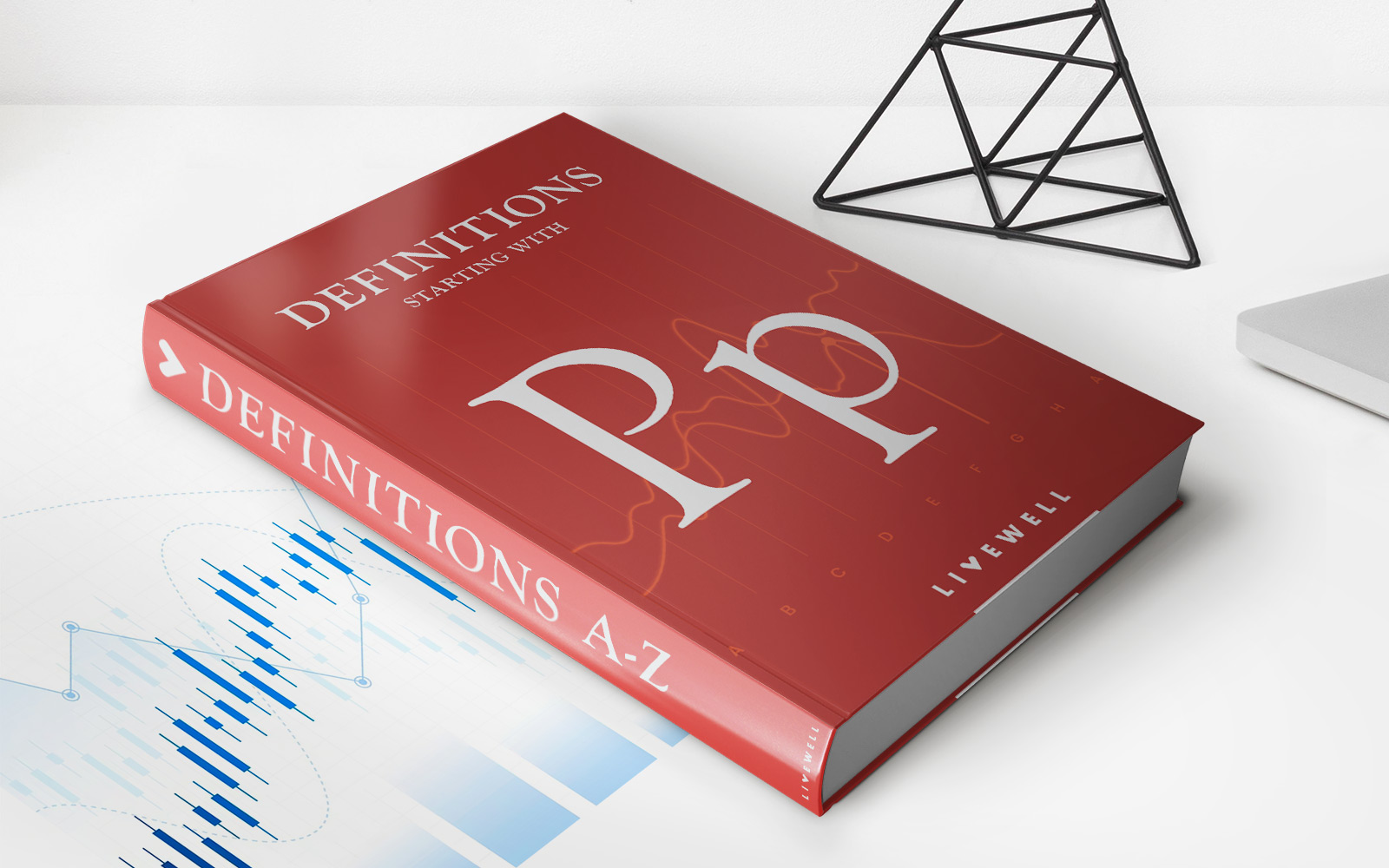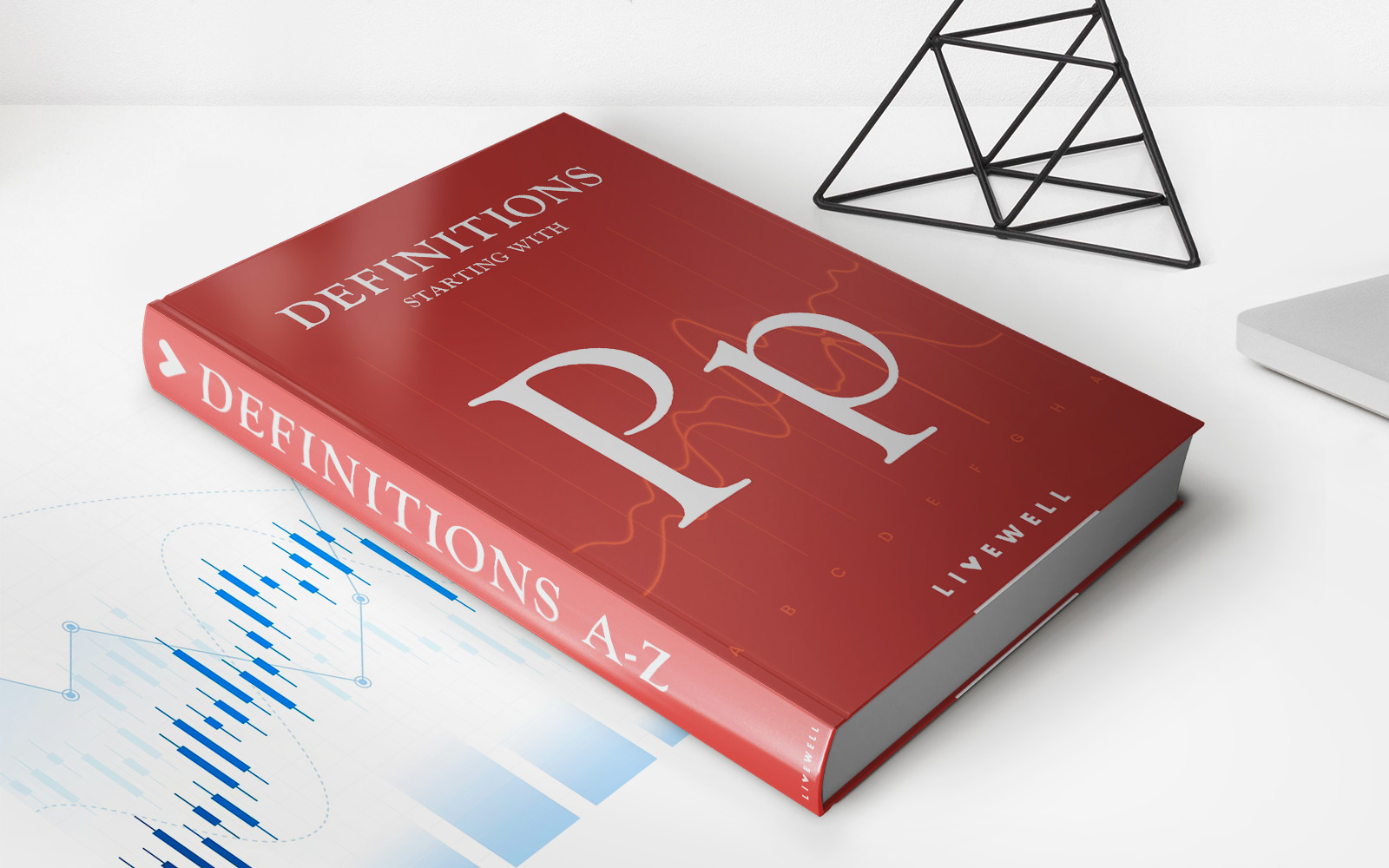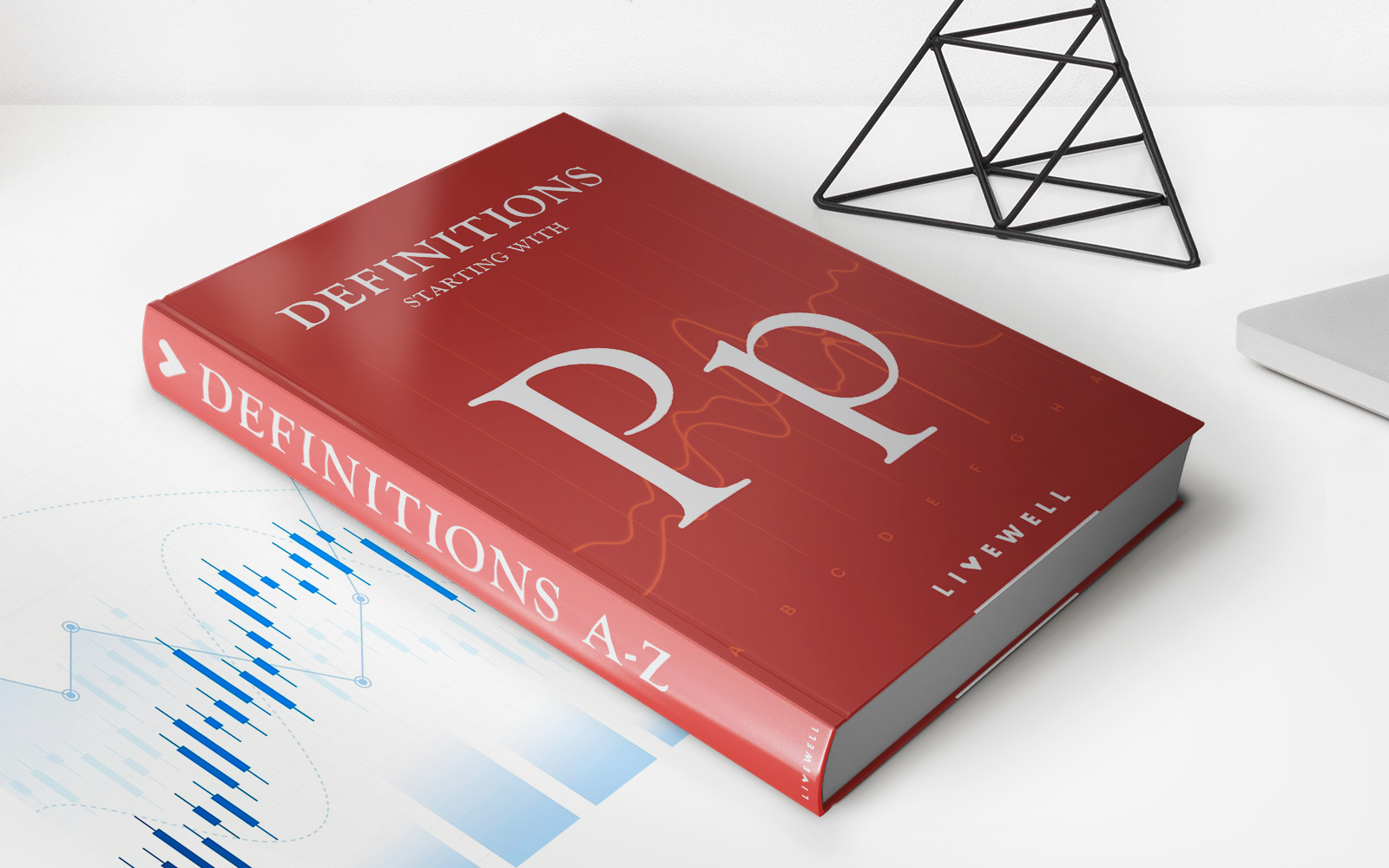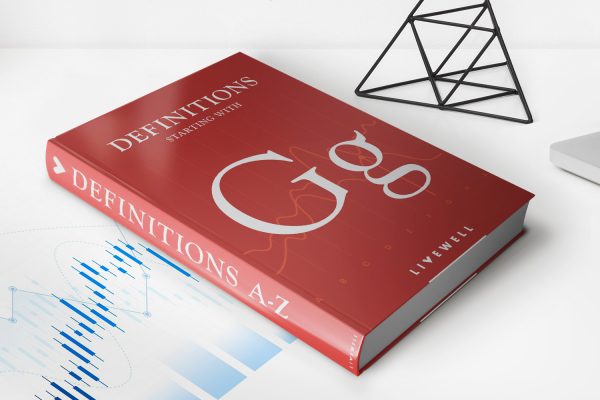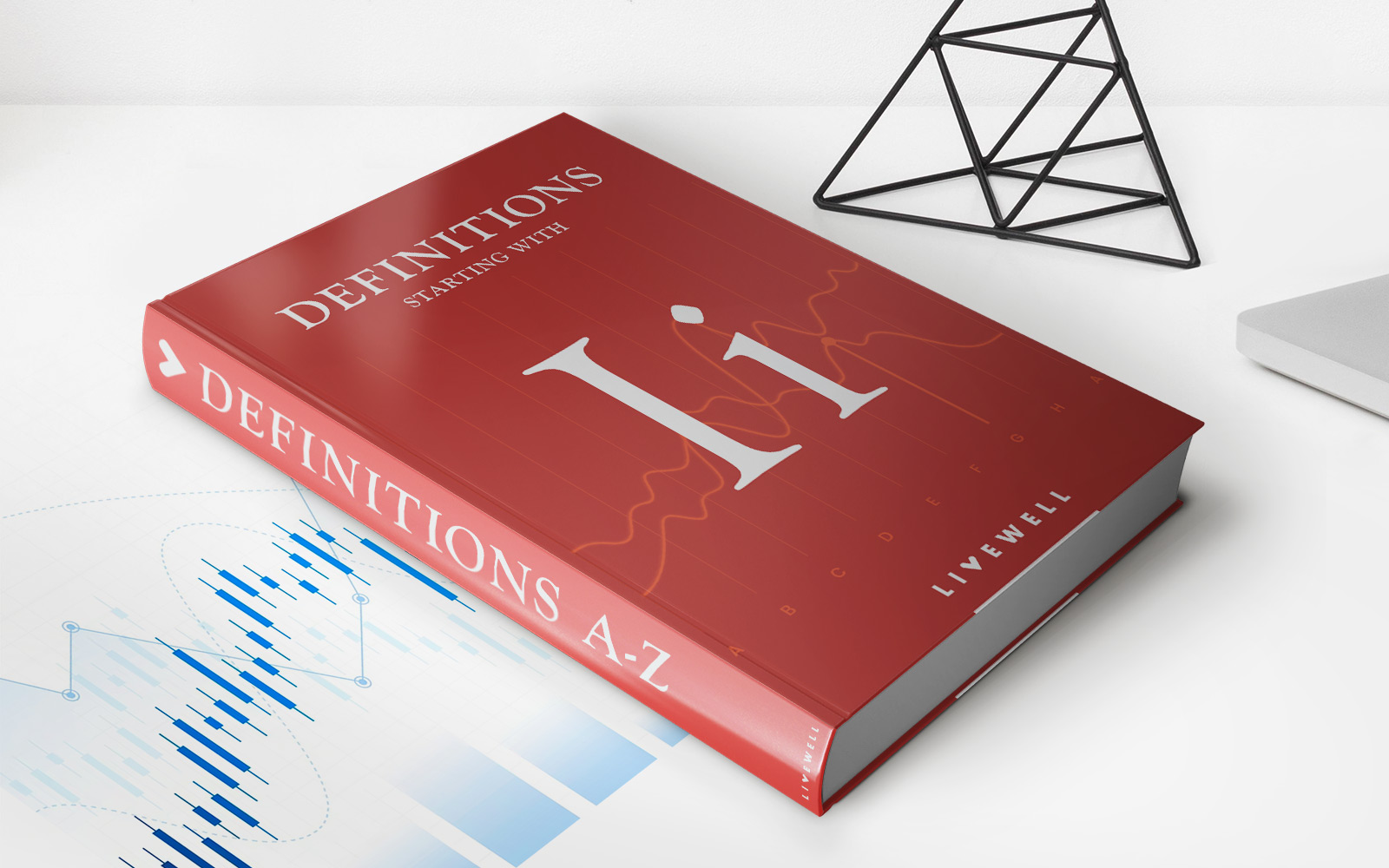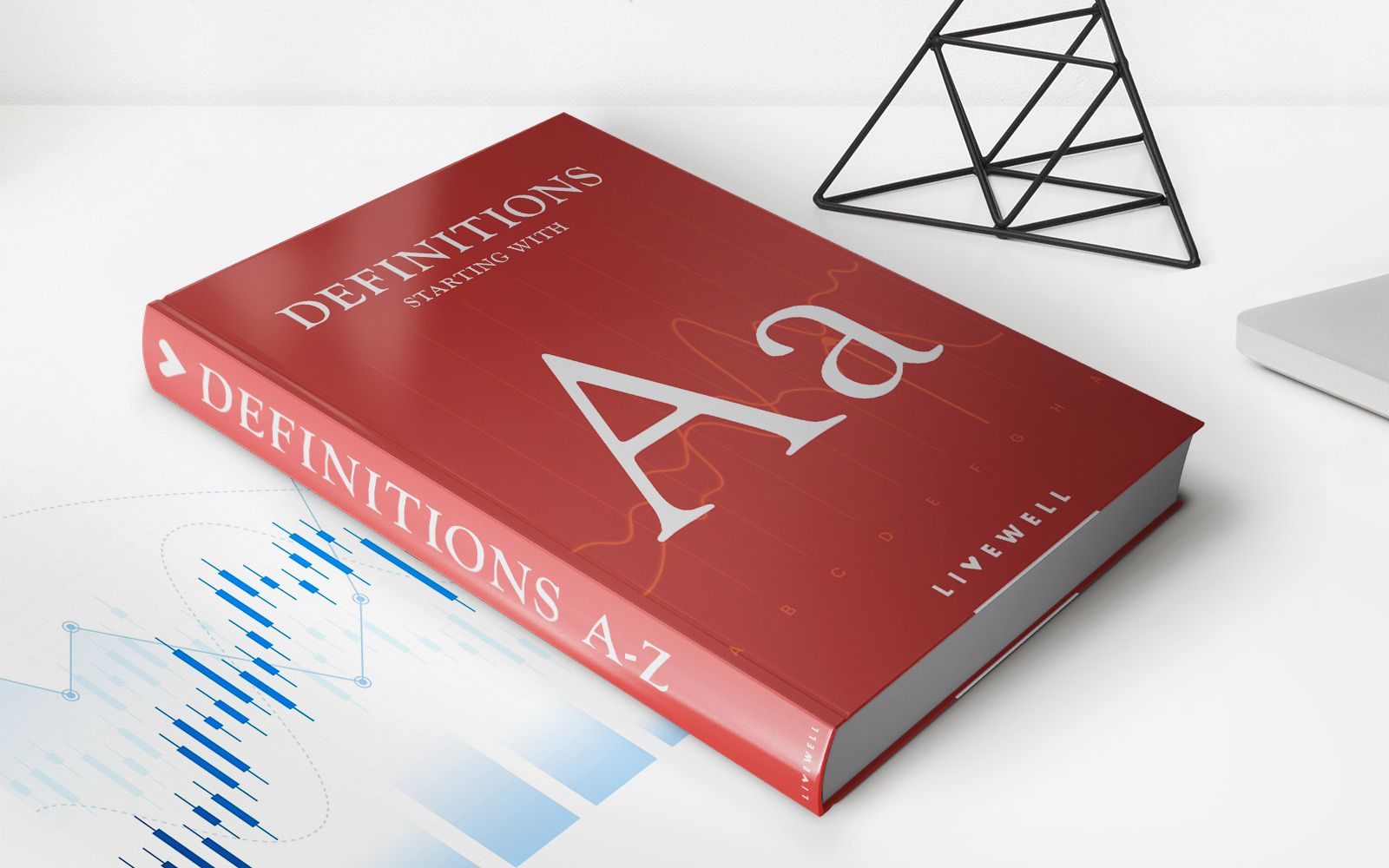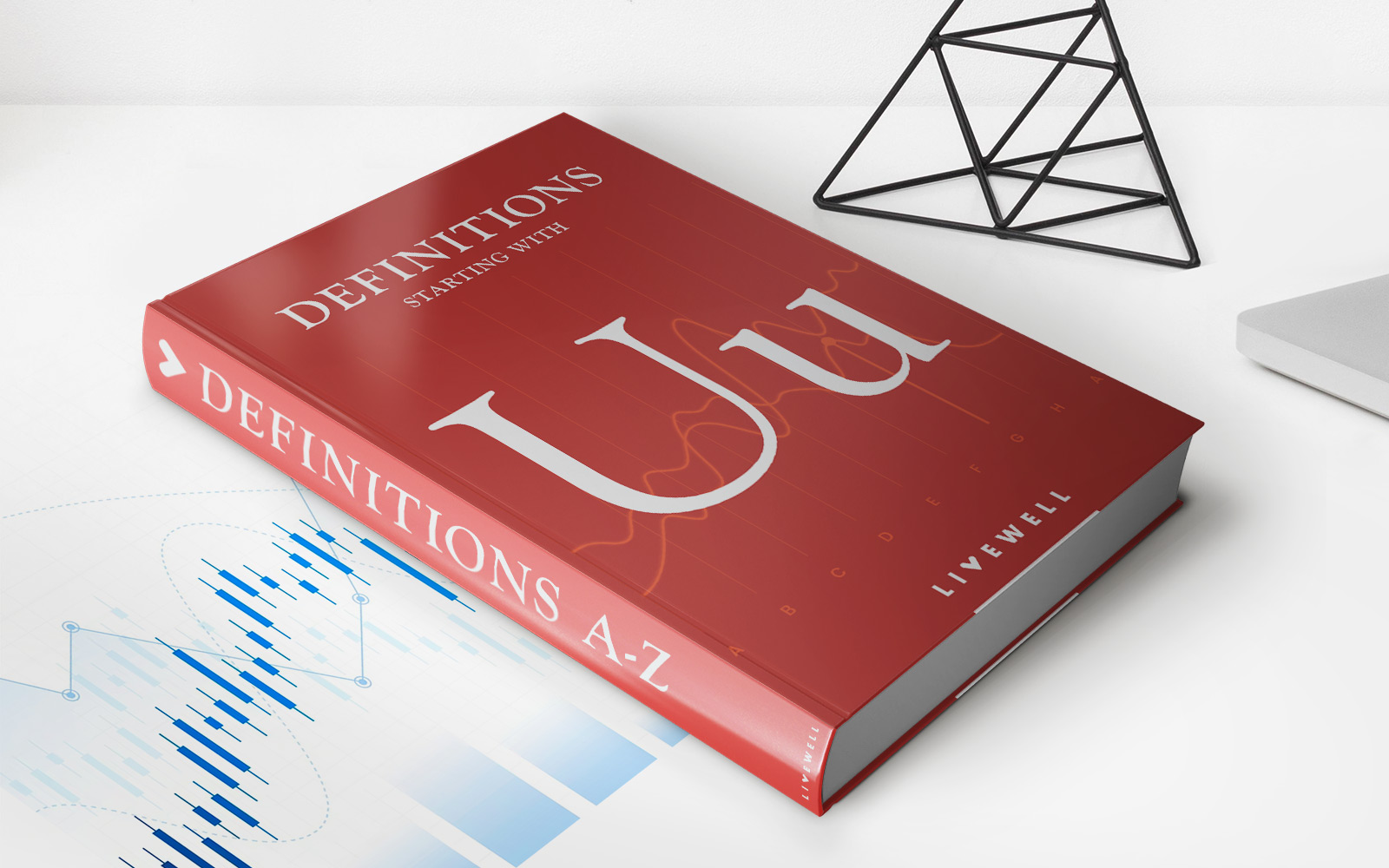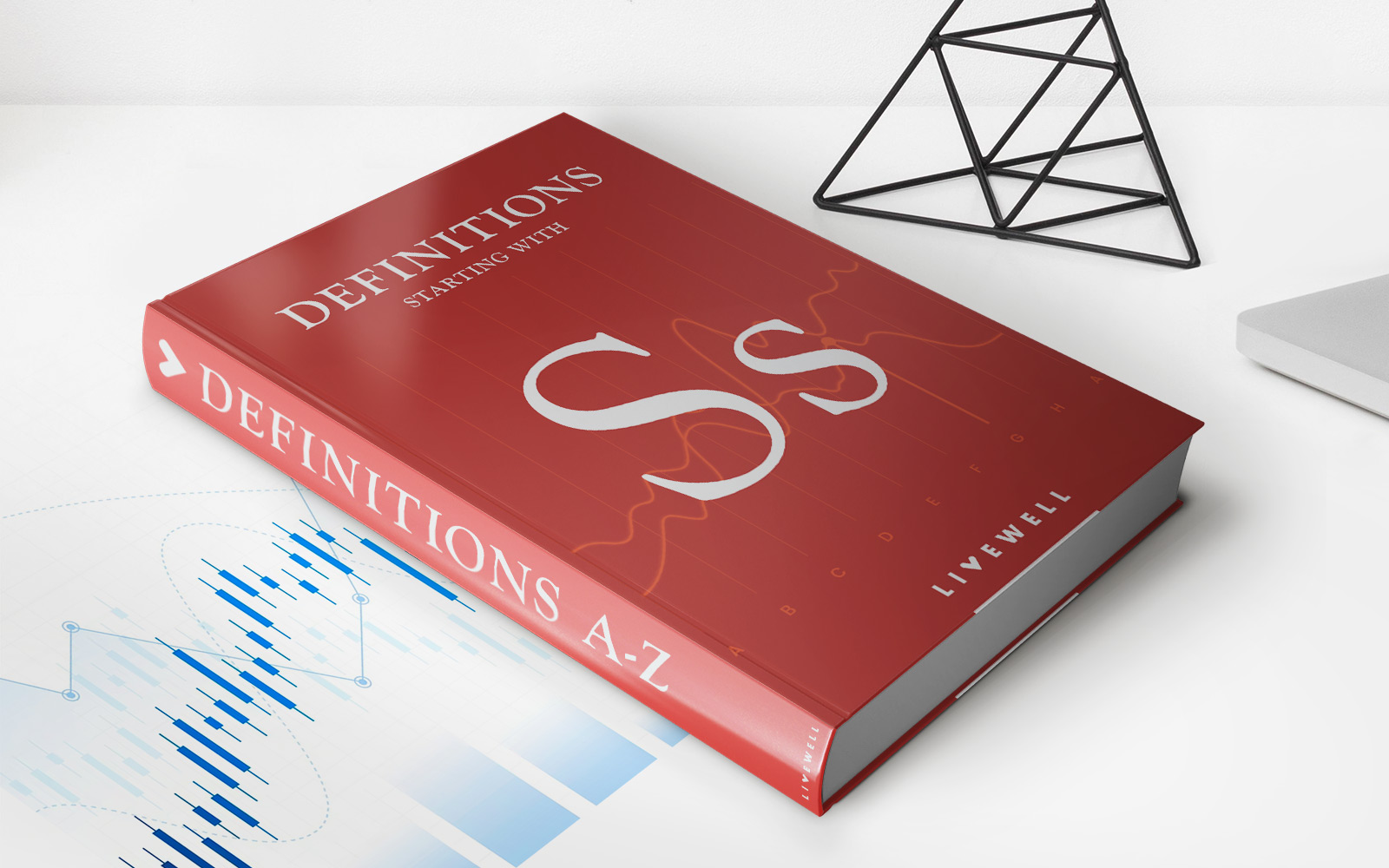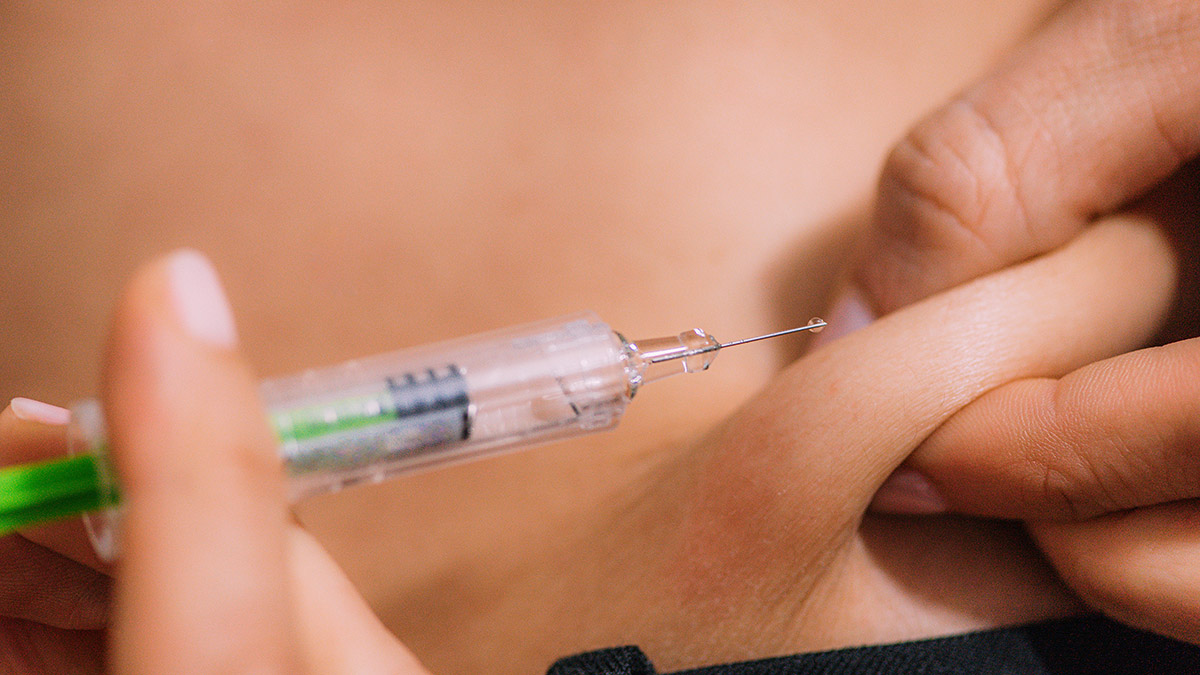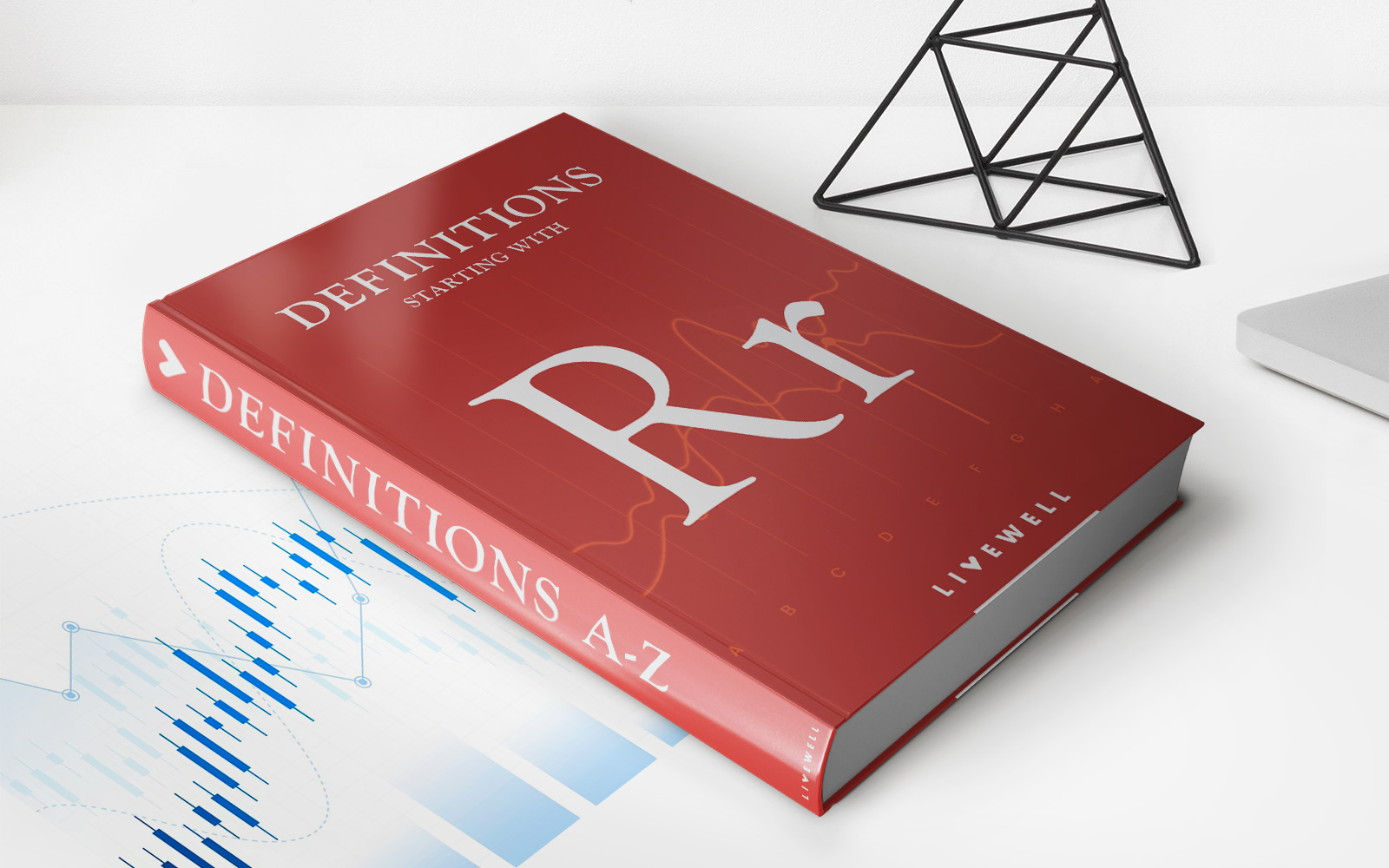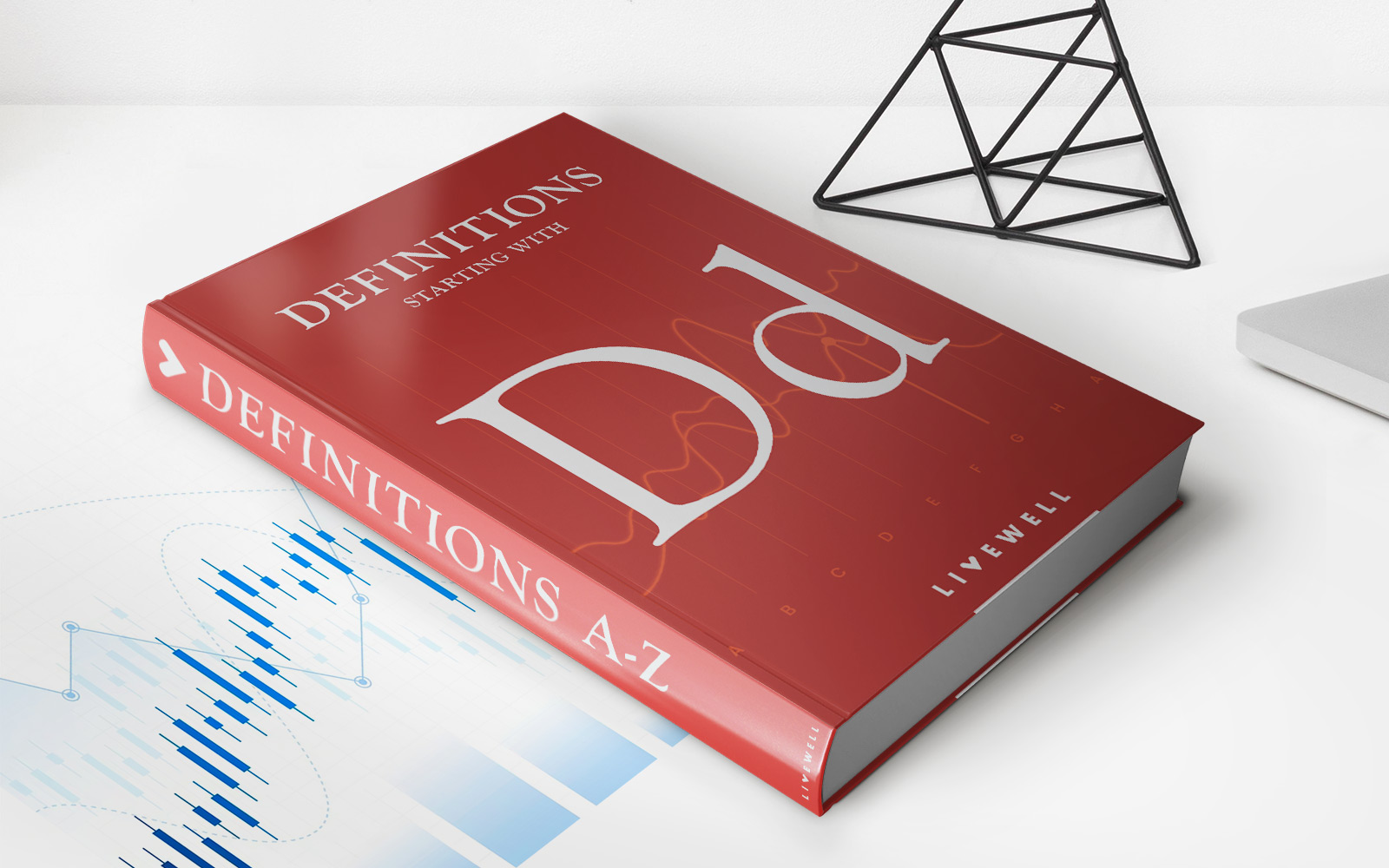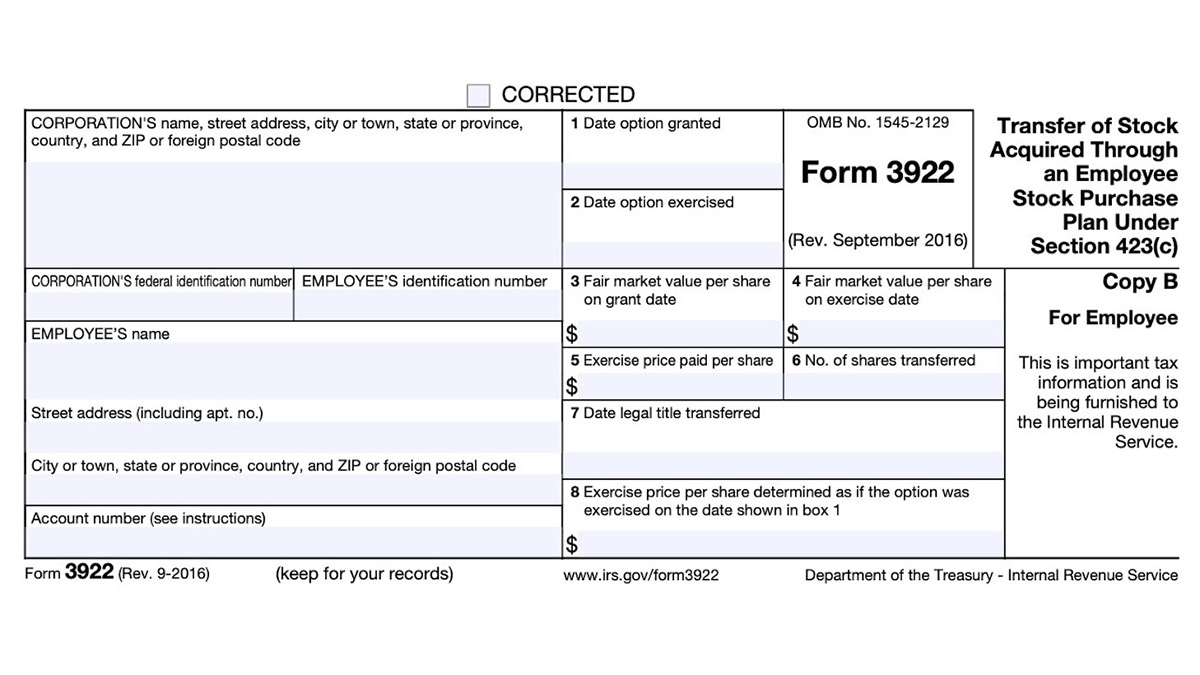Home>Finance>Personal Property: Definition, Examples, And Role In Insurance
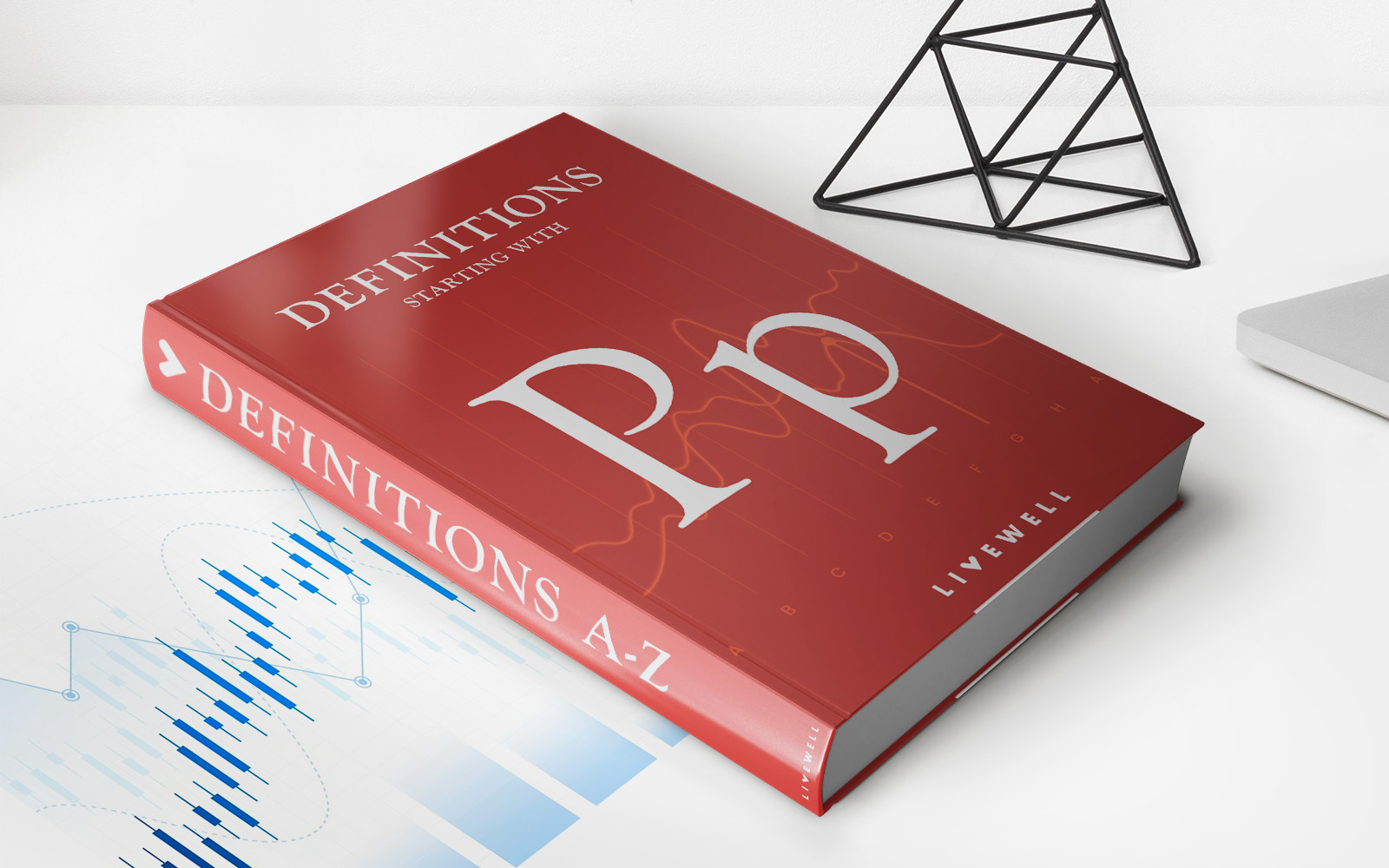

Finance
Personal Property: Definition, Examples, And Role In Insurance
Published: January 7, 2024
Learn the definition, examples, and role of personal property in insurance. Discover how personal property impacts your finances.
(Many of the links in this article redirect to a specific reviewed product. Your purchase of these products through affiliate links helps to generate commission for LiveWell, at no extra cost. Learn more)
Personal Property: Definition, Examples, and Role in Insurance
When it comes to managing your finances, understanding your assets is essential. One crucial aspect of your financial portfolio is personal property. But what exactly is personal property, and why is it important? In this article, we will explore the definition, examples, and role of personal property in insurance. So, let’s dive right in!
Key Takeaways:
- Personal property refers to any movable items that you possess, such as furniture, electronics, clothing, and jewelry.
- In the context of insurance, personal property coverage protects your belongings from damage or theft, providing financial assistance for replacement or repair.
What is Personal Property?
Personal property encompasses all the movable items that you own, excluding real estate or land. It includes a vast range of belongings, such as furniture, electronics, clothing, jewelry, appliances, and more. Essentially, personal property refers to anything that is not permanently attached to the structure of your home or property. It is important to note that personal property can hold both financial and sentimental value.
Now that we understand the definition of personal property, let’s explore the role it plays in insurance.
Personal Property and Insurance:
Protecting your personal property is crucial, as the unexpected can happen at any time. Whether it’s damage caused by a fire, natural disaster, theft, or even a burst pipe, having insurance coverage for your belongings brings you peace of mind.
When you purchase a homeowner’s or renter’s insurance policy, personal property coverage is a crucial component. This coverage helps reimburse you for the loss or damage of your possessions due to covered events. It provides financial assistance to replace or repair your personal belongings, mitigating the financial burden that such incidents can cause.
Here are some key points highlighting the role of personal property coverage in insurance:
- Protection against loss: Personal property coverage protects your belongings from a wide range of risks, including theft, vandalism, fire, water damage, and more.
- Replacement or repair: If your personal property is damaged or stolen due to a covered event, the insurance company will typically provide funds to replace or repair the items based on their value at the time of the loss.
- Off-premises coverage: Personal property coverage often extends beyond your home. It can provide protection for your belongings while you are traveling, studying abroad, or even temporarily residing elsewhere.
- Inventory documentation: Keeping a detailed inventory record of your personal property can help expedite the claims process in case of a loss. Take photos, keep receipts, and create a digital or physical inventory to support your insurance claims.
- Policy limits and deductibles: As with any insurance coverage, personal property coverage has policy limits and deductibles. It’s important to review and understand these limits to ensure you have adequate coverage for your possessions.
Given the significant role personal property plays in your financial well-being, it is essential to assess your insurance needs and make sure you have the appropriate coverage in place. Consult with an insurance professional to understand your options and ensure you are adequately protected.
So, the next time you think about your financial portfolio, don’t forget to consider the importance of personal property and the role it plays in protecting your belongings. Keep your valuables safe, both financially and sentimentally, by having the right insurance coverage in place!
